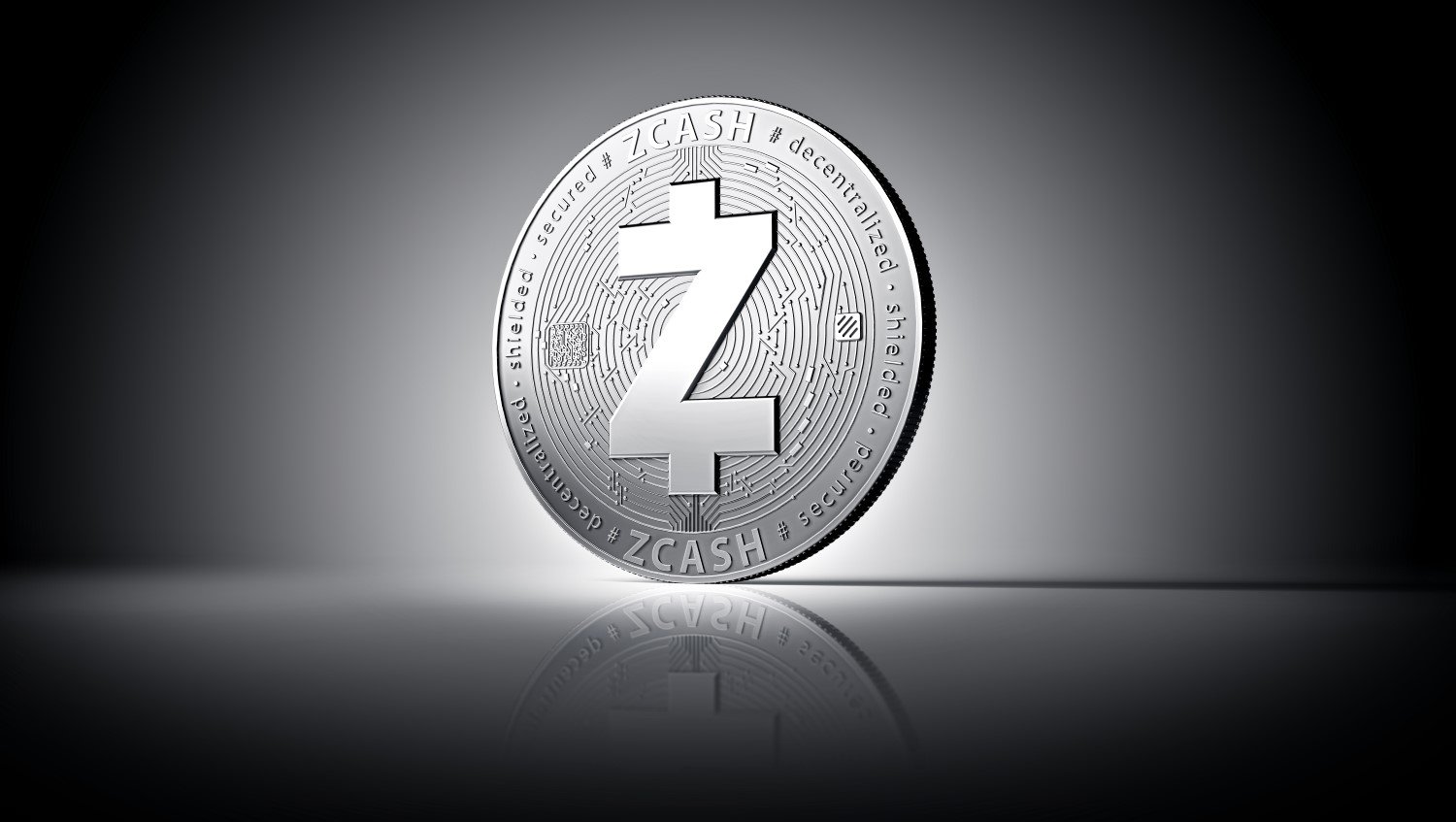SEC, FINRA Issue Explanation of Crypto Custodian Approval Delay

The U.S. Securities and Exchange Commission (SEC) and the Financial Industry Regulatory Authority (FINRA) believe there are a number of questions they need to address before they can approve crypto companies’ applications to become broker-dealers.
In a joint statement Monday, the SEC Division of Trading and Markets and FINRA’s office of general counsel outlined the different factors that the agencies consider when determining whether to approve a broker-dealer application by a company which touches digital assets, including custody and whether the assets are treated as securities under the Securities Investor Protection Act (SIPA) of 1970.
“The ability of a broker-dealer to comply with aspects of the Customer Protection Rule is greatly facilitated by established laws and practices regarding the loss or theft of a security, that may not be available or effective in the case of certain digital assets,” the statement says.
Broker-dealers in the U.S. are legally registered and regulated entities which are able to purchase or sell securities, both on their own behalf, as well as for clients. Some companies want to use digital assets as securities, allowing them to market to institutional investors who cannot hold or directly purchase these assets.
While a broker can prove that it possesses the private keys to a crypto wallet, it would be difficult to prove that no other entity does, the statement says, explaining:
“It may not be able to demonstrate that no other party has a copy of the private key and could transfer the digital asset security without the broker-dealer’s consent.”
The joint statement comes in response to questions from market participants, the document says.
Companies applying for broker-dealer approvals have been sitting in limbo for months, with some firms waiting more than a year, as CoinDesk previously reported.
Many of these firms claimed that the SEC imposed a moratorium on broker-dealer approvals for firms which touch digital assets, while others said that cryptocurrency-based securities simply present novel issues that the regulatory agencies must first assess. Monday’s joint statement would appear to be a confirmation of the latter theory.
Crypto exchange Gemini was the most recent firm to apply for a broker-dealer approval.
Investor protection
Private key issues aside, the SEC and FINRA also discussed how digital assets might not fulfill SIPA requirement for digital securities.
SEC Rule 15c3-3 “requires a broker-dealer to physically hold customers’ fully paid and excess margin securities or maintain them free of lien at a good control location,” the document reads. Typically, securities stored in accordance with SIPA requirements have safeguards to reverse or cancel mistaken and unauthorized transactions, and have third-party custodians holding the actual securities.
However, when it comes to digital assets, using third-party custodians may increase the risk that the securities are stolen or lost. The broker in question would not be able to reverse the transaction if the securities go to an unauthorized address, the statement says, adding:
“In the case of a digital asset security that does not meet the definition of ‘security’ under SIPA, and in the event of the failure of a carrying broker-dealer, SIPA protection likely would not apply and holders of those digital asset securities would have only unsecured general creditor claims against the broker-dealer’s estate.”
Other concerns revolve around record-keeping and reporting rules.
Specifically, “the nature of distributed ledger technology, as well as the characteristics associated with digital asset securities, may make it difficult for a broker-dealer to evidence the existence of digital asset securities for the purposes of the broker-dealer’s regulatory books, records, and financial statements, including supporting schedules,” the statement says.
Some digital asset companies are planning to use distributed ledgers with specific features designed to address record-keeping requirements to store their records, though these firms must still “consider how the nature of the technology may impact their ability to comply” with the reporting rules.
SEC image via Shutterstock









